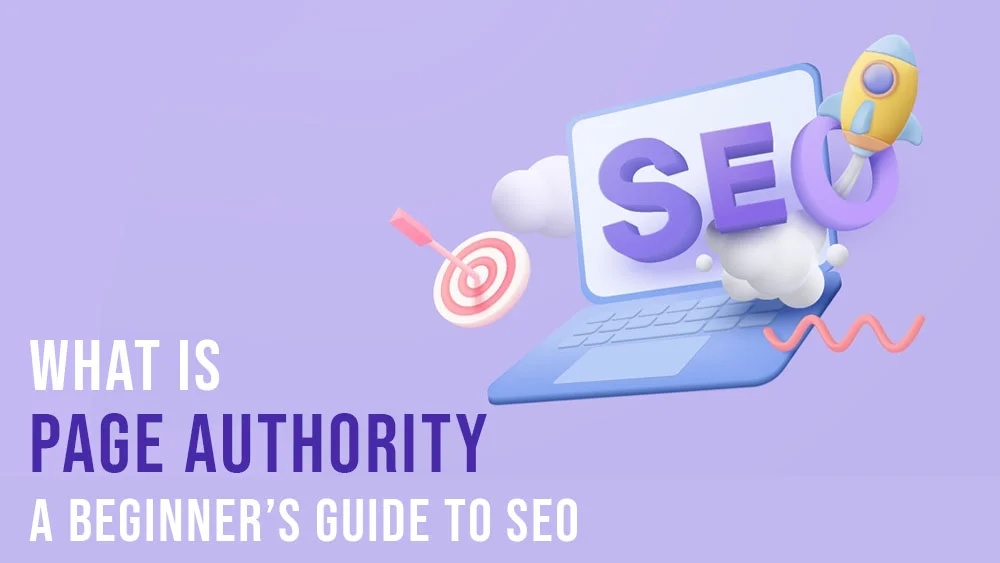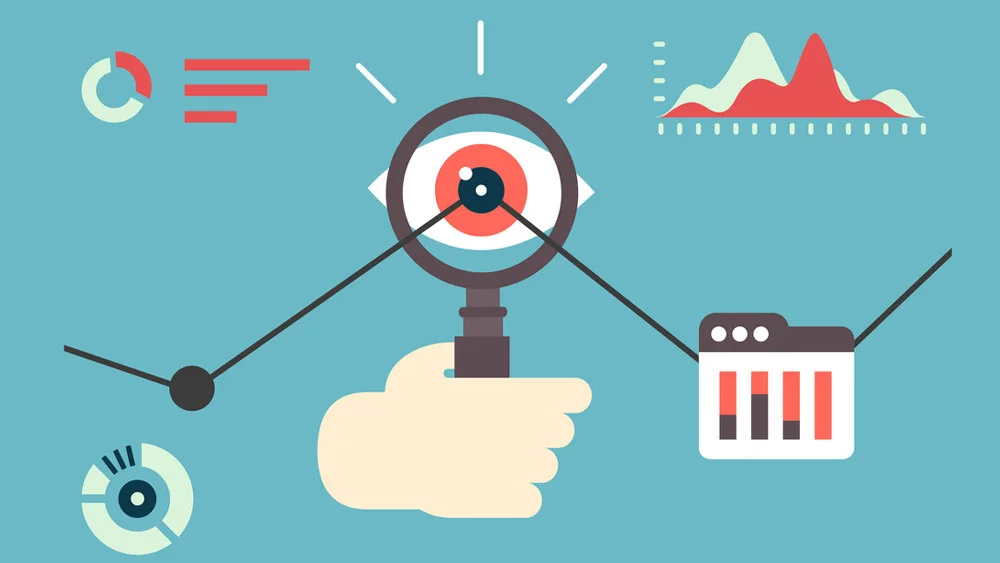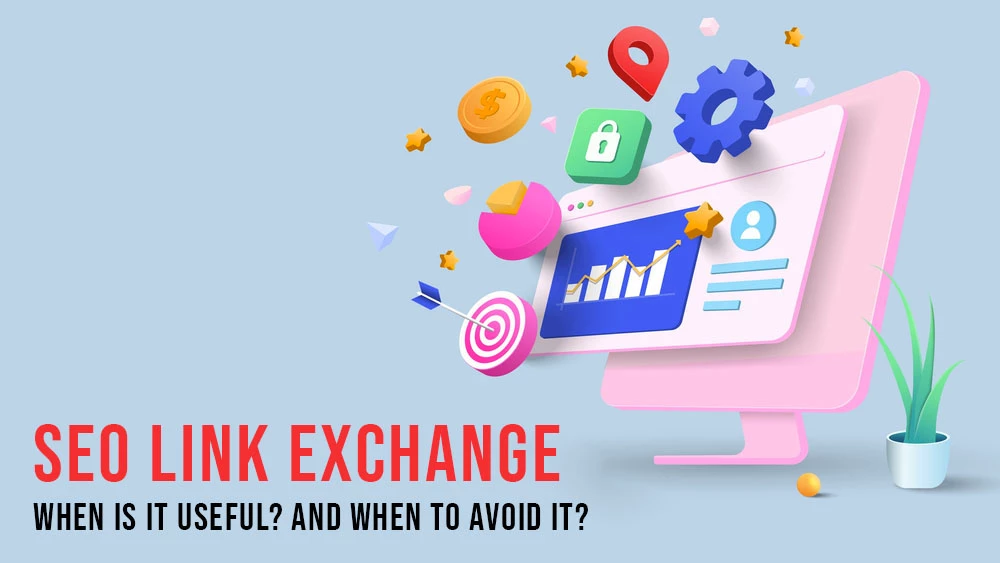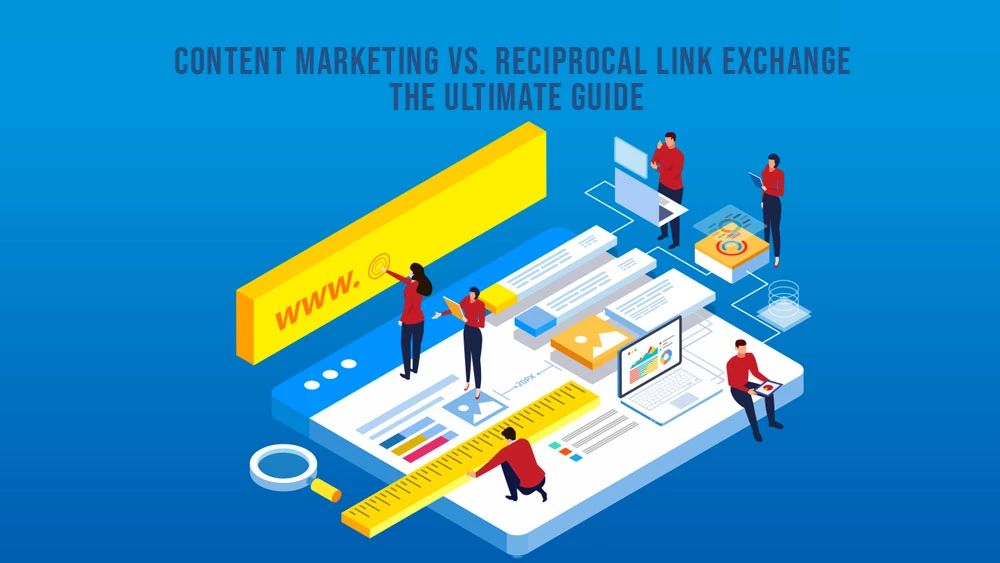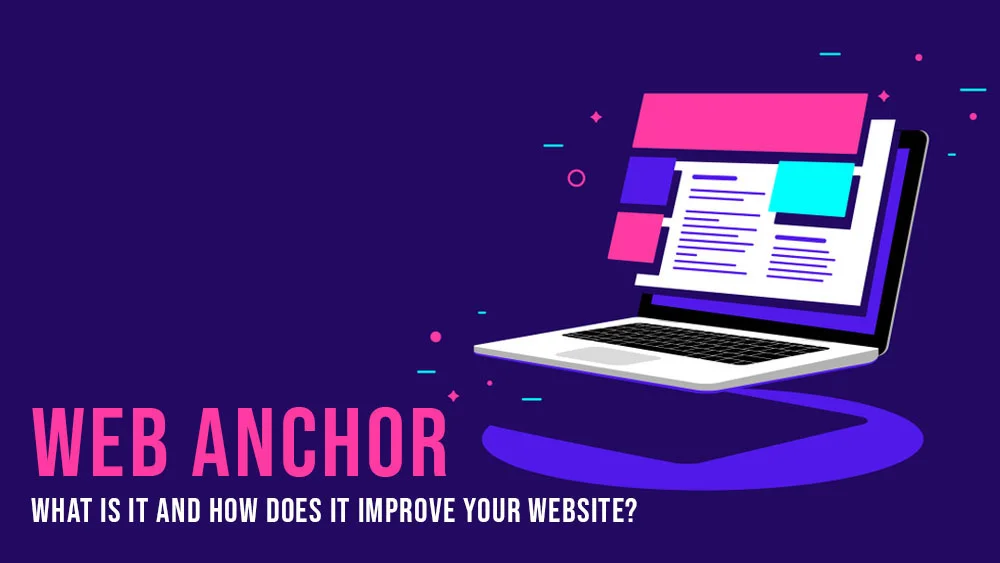What Is Page Authority and How Important It Is for Your SEO?
Page authority is the word that comes to mind whenever I hear the word “value.” That is because it is a definitive addition of value to your website’s authority. But again, what is it exactly? And how important is it to your SEO? This is exactly what we will be covering today in this article. If you’re looking to improve your website’s search engine ranking, you’ll want to pay attention to page authority. This Moz-developed metric gauges the likelihood that a particular page on your website will perform well in search engine results. Read below to understand what it is exactly. Additionally, how you can use this metric efficiently to increase your Google ranking and authority.
What Is Page Authority?
Moz developers created a metric called page authority (PA). It estimates how well a particular page on a website would likely rank in search engine results pages (SERPs). Higher scores indicate a greater possibility of ranking highly in search results on Google or other various search engines. The statistic is based on a logarithmic scale from 0 to 100.
In addition to the quantity and quality of inbound links going to the page, page authority also considers the authority and relevance of the connecting domains. The quality or impressive caliber of the content, the use of keywords, and user engagement metrics. They all have the potential to affect page authority.
Page authority is just one of the key factors that search engines use to determine the importance of websites. Even if a website with a high Page Authority score is well optimized, this does not guarantee that it will rank highly. So what guarantees that? And how can you know? Read below for more insights about this topic.
How Do Search Engines Measure a Page’s Quality?
Search engines use an ever-evolving set of machine learning algorithms to assess the quality of a website page. These algorithms attempt to model the way in which people evaluate the quality of a website page. Both on-page and off-page ranking elements contribute to determining the overall quality of the product. The publisher of the website can control on-page ranking criteria, which are factors in a web page’s rating.
They include activities such as producing information. Ones that are beneficial and link to other websites that include content that is useful and relevant. The criteria that determine off-page rankings are ones that publishers do not have direct control over.
They consist of things such as receiving links from other websites of high quality. Additionally, receiving positive ratings on social media platforms. Because a publisher is less likely to manipulate the off-page criteria. That is, in order to boost their rankings regardless of the caliber of their page, they carry more weight. This means that off-page factors contribute more to a website’s overall ranking.
How is Page Authority Calculated?
An important question for those who mean business. Page authority is calculated using a complex algorithm that takes various factors into consideration. Some of the most important factors include the following: the number and quality of inbound links pointing to the page, the relevance of the page’s content to the search query, and the overall authority of the website. Moz uses a scale of 0-100 to measure page authority. With higher scores indicating a greater likelihood of ranking well in search engine results. It’s important to note that page authority is just one of many factors that search engines use to determine rankings, but it can be a useful tool for SEO professionals looking to improve their website’s search engine visibility.
Page Authority vs. Domain Authority: What Is the Difference Between Them?
If you actually pay attention to both of them, they might seem a bit similar if you are not aware of the differences between them. However subtle their differences are, here’s how you can actually tell them apart through this little comparison:
| Page Authority | Domain Authority |
|---|---|
| Purpose: predicts the SERP position of a specific page. It aids in prioritizing and defining what steps you need to develop or improve depending on the particular page with the greatest room for growth. | Purpose: allows you to understand how your web property stacks up against the competition and estimates how likely it is that your site will appear in the SERPs. |
| Data: Page Authority considers over 40 characteristics, including link numbers, but not content optimization or keyword use. | Data: Moz’s web index tool calculates Domain Authority using links and linked root domains. |
| Calculation: An algorithm calculates a page’s Page Authority score from 1-100 based on link counts and other parameters. | Calculation: Moz uses a machine learning method to calculate Domain Authority based on linking root domains and link count. |
| Scope: the score here is based on individual web pages and not on the whole website. | Scope: The score of a domain authority is based on the whole entire website. |
Why Is Page Authority Important for SEO?
It is essential for search engine optimization because it has a direct bearing on the search engine ranking of your website. Your website will have a greater chance of being displayed at the top of search engine results pages (SERPs) for queries that are related to it if its page authority score is higher. This may ultimately result in greater conversions as well as increased visibility and traffic. It takes a combination of on-page SEO, link building, and content production tactics to boost your page authority, but the effort is well worth it for businesses who want to improve their online visibility.
How Is It Scored: Detailed Steps of Knowledge
Like we mentioned in our little comparison, the scope of how page authority is scored is based on a certain scale that is intentionally set by Google.
It is based on 100 logarithmic points. PA scores are higher when pages rank easily. Page authority helps websites compare their performance to competitors. There are three things that determine it:
- The level of trust the page has reached: Pages that have content that is considered low quality, or links that are considered “spammy” are not likely to make it to a high level of page authority ranking. Instead, you should focus on creating high-quality content and exchanging links with reputable sites and domains.
- The relevance of links to your page’s content: Filling your page with links is great and all, but if those links are unrelated to the content and offer little value, your page authority score won’t benefit.
- How recent your page updates are: Your page’s rating will suffer if it is outdated and unmaintained. On the other side, frequent upgrades will increase crawl demand.
How to Improve It?
Increasing the authority of your page calls for a method that considers several different factors. To begin, you should concentrate on optimizing the on-page content of your website by making use of pertinent keywords, producing content of high quality, and ensuring that your website is user-friendly and simple to browse. Next, you should focus on constructing high-quality backlinks emanating from respectable websites in your sector of the market.
This can be accomplished by guest blogging, creating shareable material, and making contact with influencers in your specialized field. Lastly, producing new material that is both fresh and valuable on a regular basis will help your page authority rise over time. If you follow these tactics, you will be able to enhance the ranking of your website in the search engines and attract more visitors to your website.
Pro Tip: Here Is the Best Way for Maintaining Page Authority
Continuous effort and focus are required to keep your Page Authority at its current level. One of the best things you can do for your website is to update it on a regular basis with new information that is of good quality. This may take the form of blog entries, films, infographics, or any number of other forms of material that is targeted toward your audience.
In addition to this, it is essential to keep a close eye on your backlink profile and take steps to eliminate any spammy or links of poor quality. Maintaining it over time and staying ahead of the competition both require that you stay current with the newest developments in SEO best practices and trends.
Final Thoughts
It is of crucial importance that you focus on your page’s authority. That is why we created this guide for you to understand the whole process of how to implement the right factors that will help you rank higher on Google and help you have better page authority for your website.
If it is your aim to exchange links with known networks and domains to increase your page authority rates, sign up now for our free services on Linkexchange.AI.
It is free, useful and a very easy way to start your link exchange journey.


